Reported by her own students for a lesson on race
Description
Last spring, South Carolina English teacher Mary Wood was horrified when her students reported her to the local school board for teaching about race. As she starts a new school year, we ask what it’s like for her to step back into the classroom.
Read more:
Last spring in Chapin, S.C., two students in high school English teacher Mary Wood‘s class reported her to the local school board for teaching about race. Wood had assigned her all-White AP English Language and Composition class readings from Ta-Nehisi Coates’s “Between the World and Me,” a book that examines what it means to be Black in America.
In emails, the students complained that the book made them ashamed to be White, violating a South Carolina rule that forbids teachers from making students “feel discomfort, guilt, anguish, or any other form of psychological distress” on account of their race.
Wood’s case drew national, polarizing attention. Conservative outlets and commentators decried Wood’s “race-shaming against White people.” Left-leaning media declared her a martyr to “cancel culture,” the latest casualty of raging debates over how to teach race, racism and history that have engulfed the country since the coronavirus pandemic began.
Wood is not the first teacher to get caught in the crossfire: The Post previously reported that at least 160 educators have lost their positions since the pandemic began because of political debates.
South Carolina is one of 18 states to restrict education on race since 2021, according to an Education Week tally. And at least half the country has passed laws that limit instruction on race, history, sex or gender identity, according to a Washington Post analysis.
Today, as a new school year begins, education reporter Hannah Natanson talks to Wood about what it’s like for her to return to teaching, and whether she feels she can trust her students again.




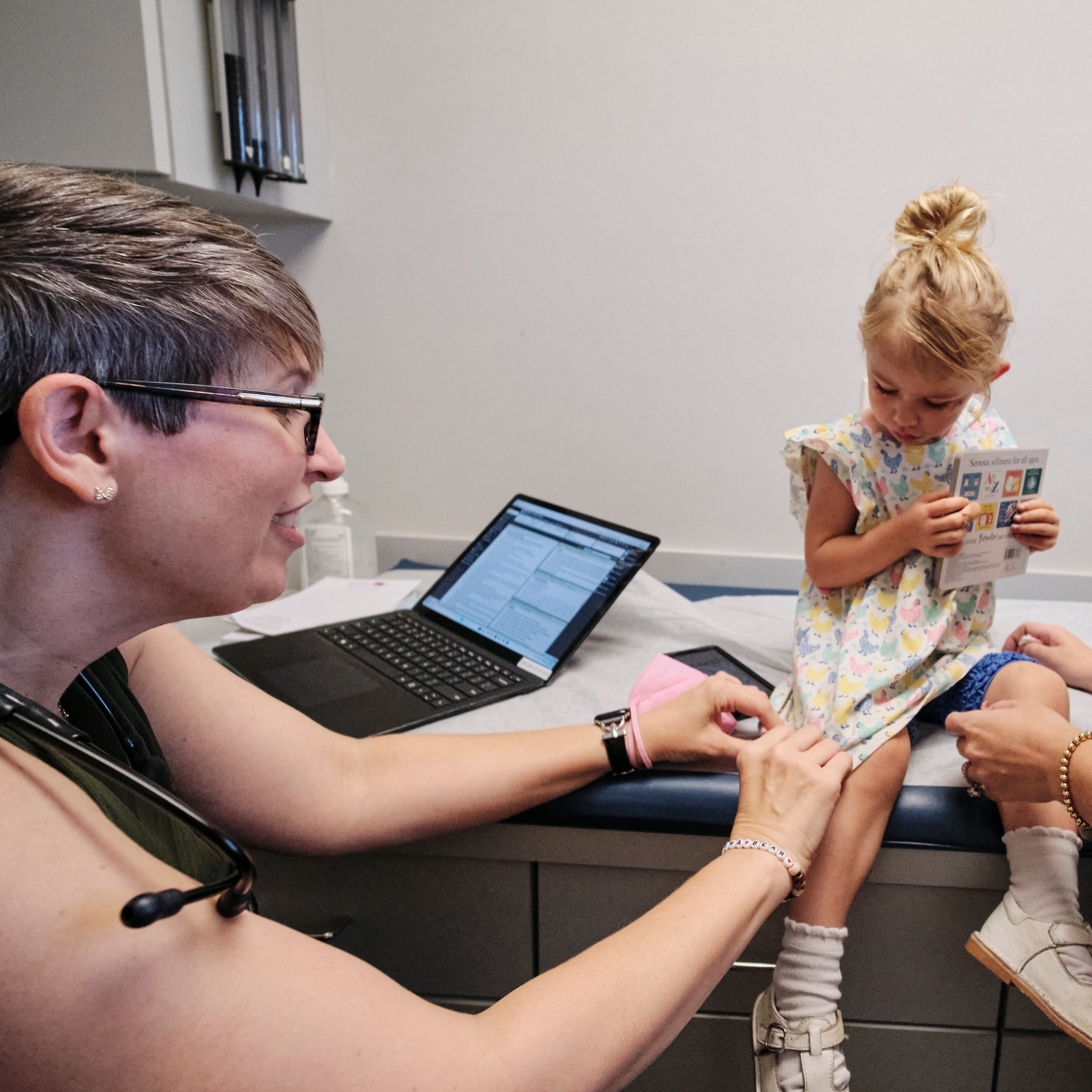




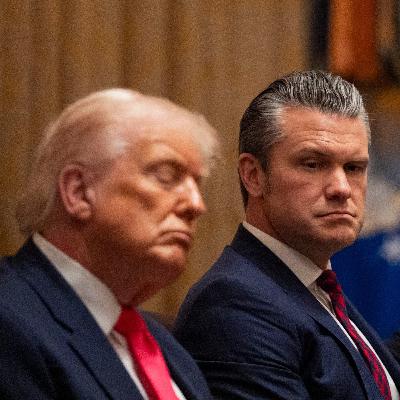
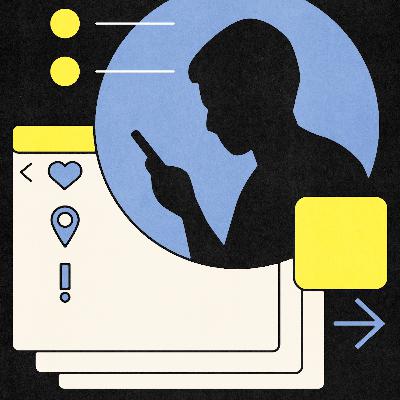
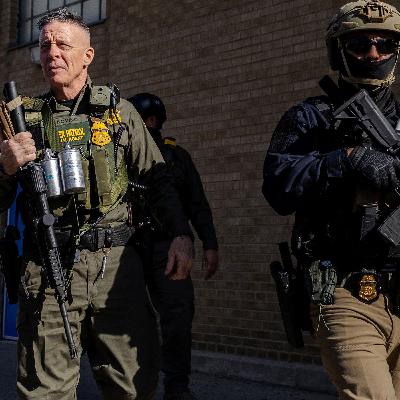



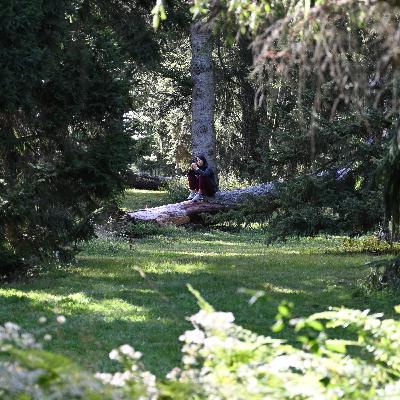

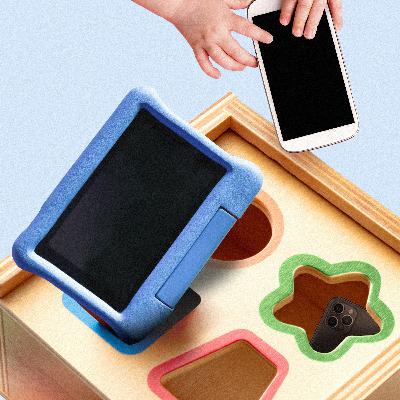

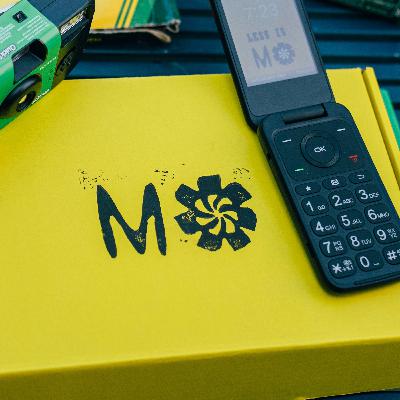

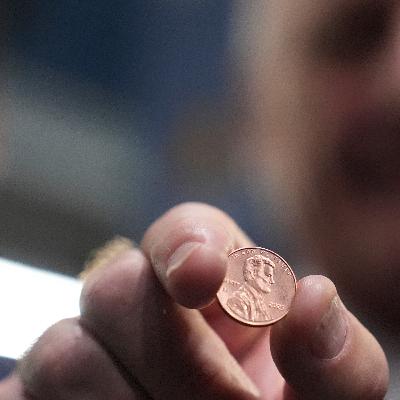




I think a teacher providing all perspectives to our children is amazing! Children don't need to have the same beliefs as their parents. Some kids might never know other perspectives without people like Mary. I believe its also important to have an idea of where other people might be coming from and what they are thinking. People should be able to see other points of view without being offended. Learning other points of view doesn't mean they have to be our own. Knowledge is knowledge.
hilarious that just a few years ago conservatives were making fun of lib college students complaining that conservative speakers couldn't speak on campus and now they're the ones whining and complaining about learning about different POVs. snowflakes